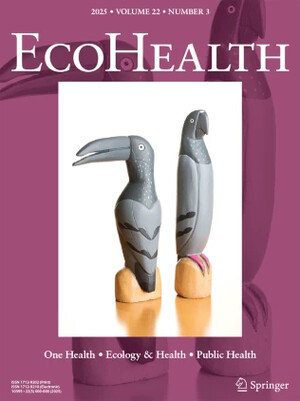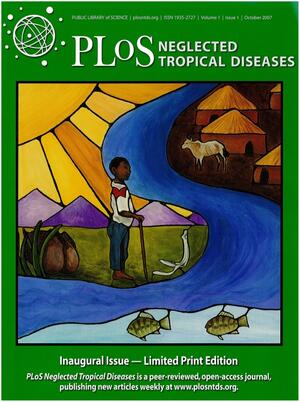
Pig traders’ networks on the Kenya-Uganda border highlight potential for mitigation of African swine fever virus transmission and improved ASF disease risk management
Abstract
We applied social network analysis to pig trader networks on the Kenya-Uganda border. Social network analysis is a recently developed tool, which is useful for understanding value chains and improving disease control policies. We interviewed a sample of 33 traders about their experiences with trade and African swine fever (ASF), analyzed the networks they generated in purchasing pigs and selling pork and their potential contribution to modulating dissemination of the ASF virus (ASFV). The majority of the traders were aware of clinical signs of ASF and the risk of trade transmitting ASFV. Most said they avoided buying pigs from ASF outbreak villages or sick pigs but their experiences also indicated that inadvertent purchase was relatively common. Traders had early knowledge of outbreaks since they were contacted by farmers who had heard rumours and wanted to sell their pigs to avoid the risk of them dying. Individual traders bought pigs in up to nine villages, and up to six traders operated in a village. Although each trade typically spanned less than 5 km, networks of the various traders, comprising movements of pigs from source villages to slaughter slabs/sites and retail outlets, and movement of pork to villages where it was consumed, linked up indirectly across the 100 km x 50 km study area and revealed several trade pathways across the Kenya-Uganda border. ASF could potentially spread across this area and beyond through sequential pig and pork transactions. Regulation of the pig and pork trade was minimal in practice. The risk of ASFV being spread by traders was compounded by their use of poorly constructed slaughter slabs/sites with open drainage, ineffective or non-existent meat inspection services, lack of provision for biosecurity in the value chain, and sales of pork to customers who were unaware of the risks to their own pigs from contact with ASF infected pork. More effective regulation is warranted. However, limitations on government capacity, together with the strong self-interest that established traders have in reducing the disruption and financial losses that outbreaks cause, highlight the importance of governments and traders co-developing an approach to ASF control. Formation of trader organizations or common interest groups warrants government support as an important step in engaging traders in developing and implementing effective approaches to reduce the risk of ASF outbreaks.
Citation
Lichoti, J.K., Davies, J., Maru, Y., Kitala, P.M., Githigia, S.M., Okoth, E., Bukachi, S.A., Okuthe, S. and Bishop, R.P. 2017. Pig traders’ networks on the Kenya-Uganda border highlight potential for mitigation of African swine fever virus transmission and improved ASF disease risk management. Preventive Veterinary Medicine 140:87–96.









